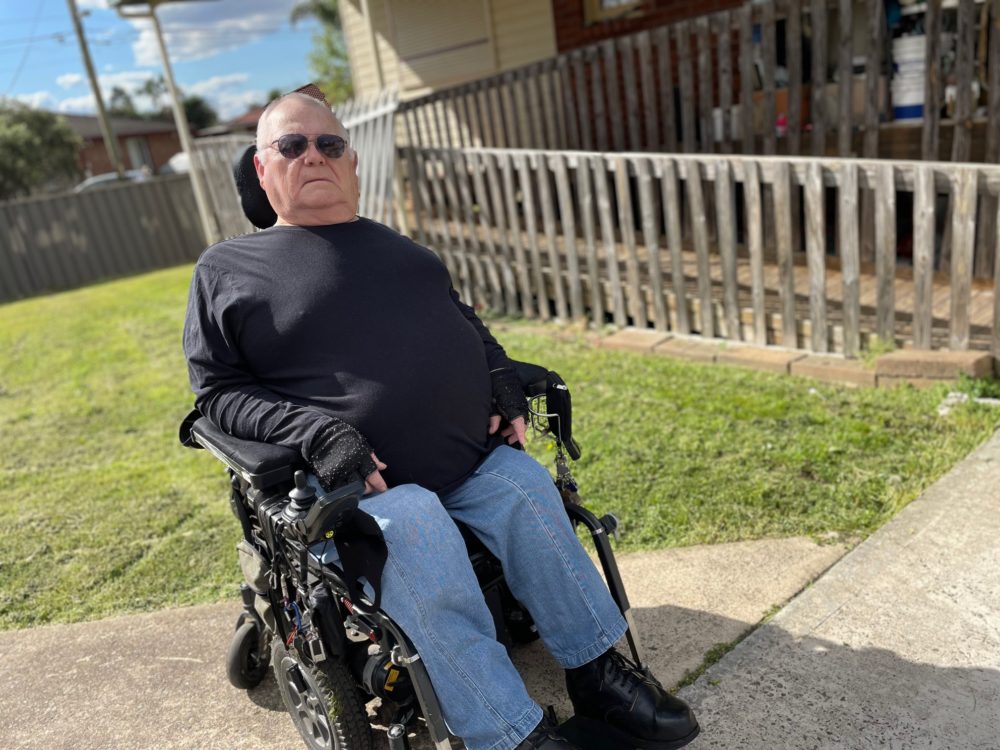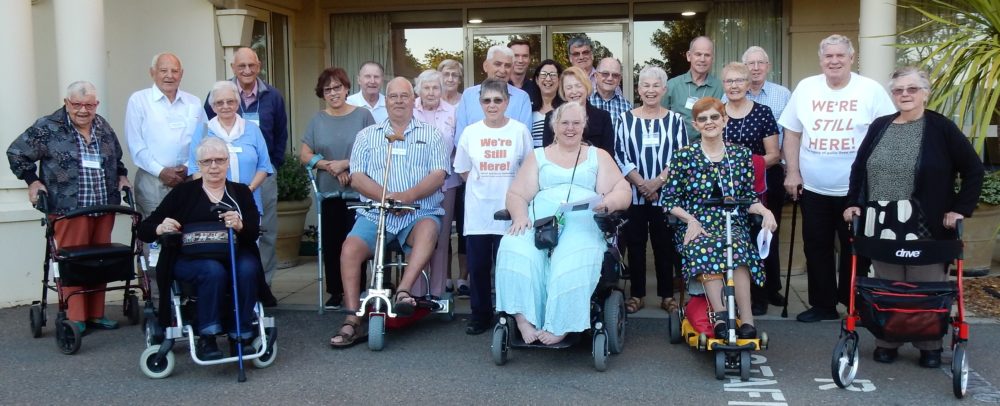By Neena Bhandari
Sydney, 20.10.2021 (Hireup): George Laszuk is among thousands of Australians with a disability who are not covered by the National Disability Insurance Scheme (NDIS), which excludes people over the age of 65.
He missed the NDIS safety net by less than a year. “It came as a bombshell. I felt cheated. We had campaigned for it for so many years. Until today, it has never been made clear as to why we were excluded,” says Laszuk, who contracted poliomyelitis at 11 months of age in 1951. October is polio awareness month.
He is now experiencing Post-Polio Syndrome and requires a powered wheelchair and assistance with showering and daily chores. His My Aged Care package barely meets his daily needs despite him being in the highest category of the program.


